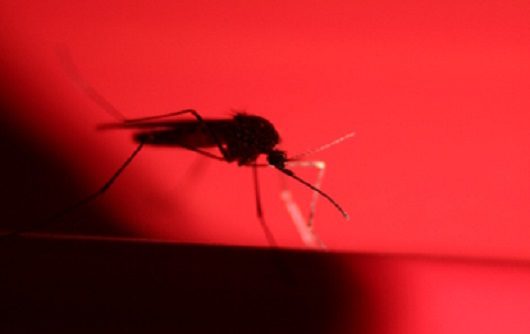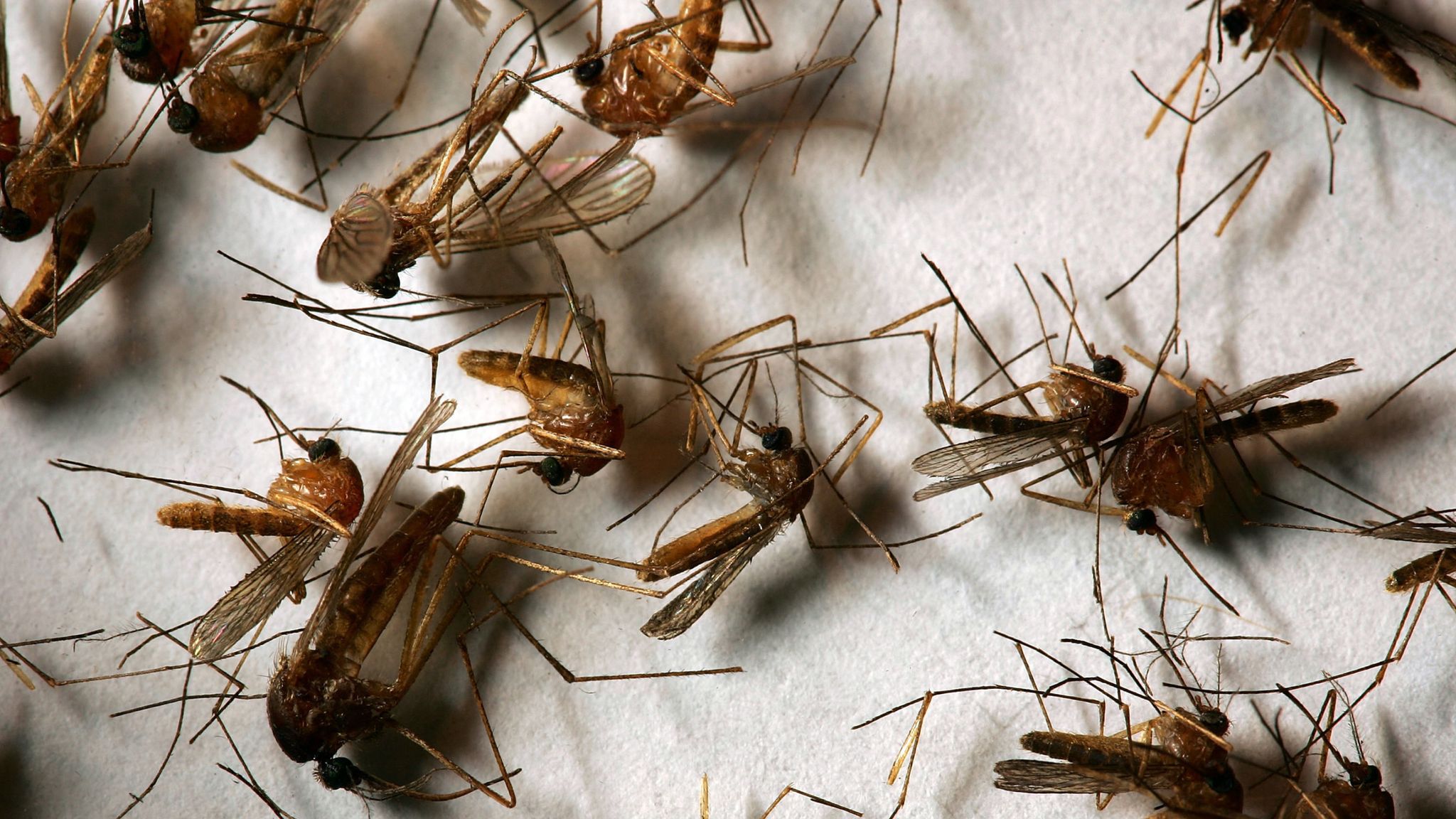
A hive of genetically modified mosquitoes effectively vaccinated a human against malaria in a National Institute of Health-funded trial of the insects’ ability to innoculate.
Scientists conducting the study held approximately 200 hungry, gene-altered mosquitoes captive in a box.
Human participants placed their arms over the box of mosquitoes, allowing the blood-thirsty insects to feast on their flesh.
Mosquitoes can easily replace traditional injections, contends Dr. Sean Murphy, a researcher who conducted the study.
“We use the mosquitoes like they’re 1,000 small flying syringes,” Murphy told NPR.
The mosquitoes transmitted live malaria-inducing Plasmodium parasites to the twenty-six participants of the study, who each received $4.100 to undergo the experiment.
A minimal amount of the fatal disease was transmitted via the mosquitoes’ attack on their arms, not enough to make people sick.

The hundreds of mosquito bites provided enough antibodies to last a few months.
Researchers genetically modified the mosquitoes using genome technology known as Clustered Regularly Interspaced Short Palindromic Repeats, CRISPR, a highly advanced pair of molecular scissors, is used to cut DNA.
Participants received three to five “vaccinations” over 30-day intervals.
“Half of the individuals in each vaccine group did not develop detectable P. falciparum infection, and a subset of these individuals was subjected to a second CHMI 6 months later and remained partially protected. These results support further development of genetically attenuated sporozoites as potential malaria vaccines,” researchers maintain.
Confirmation of mosquitoes’ capacity to “vaccinate” is a scientific breakthrough, exclaims Dr. Kirsten Lyke. Lyke was not involved in the mosquito study, but led the phase 1 trial for Pfizer’s COVID-19 vaccine. She also was also a co-investigator for Moderna and Novavax COVID jabs.
The research is “a total game changer,” Lyke contends.
One participant of the study, Carolina Reid, claims she enjoyed the experiment with GMO mosquitoes so much that she now wants to participate in as many vaccine trials as she can, The Counter Signal reports.

During the trial, Reid “put her arm over a cardboard box filled with 200 mosquitoes and covered with a mesh that keeps them in but still lets them bite. ‘Literally a Chinese food takeout container’ is how she remembers it. A scientist then covered her arm with a black cloth, because mosquitoes like to bite at night,” NPR reports. “Then the feeding frenzy began.”
“My whole forearm swelled and blistered,” Reid said. “My family was laughing, asking like, ‘Why are you subjecting yourself to this?”

The team of NIH-funded researchers claim the genetically modified mosquitoes will not be employed to vaccinate the masses and were only used to trial malaria vaccination to save costs.
“He and his colleagues went this route because it is costly and time-consuming to develop a formulation of a parasite that can be delivered with a needle,” NPR notes.
